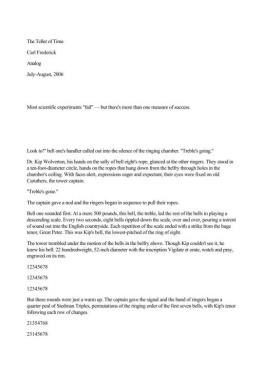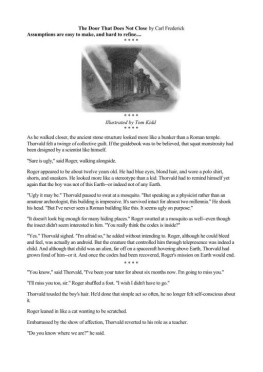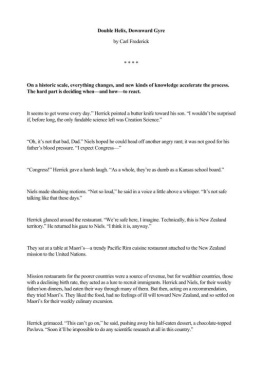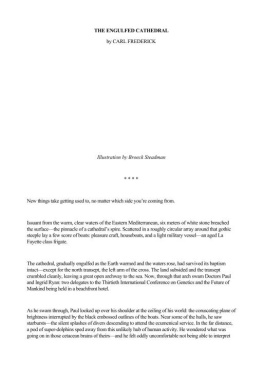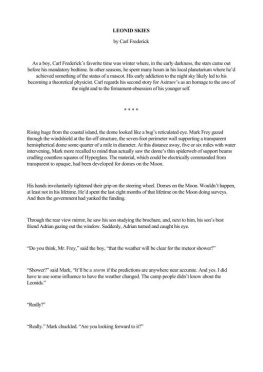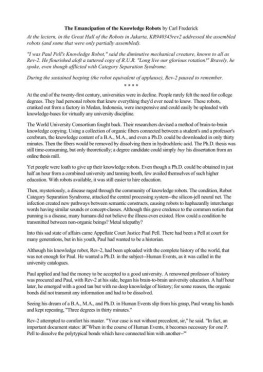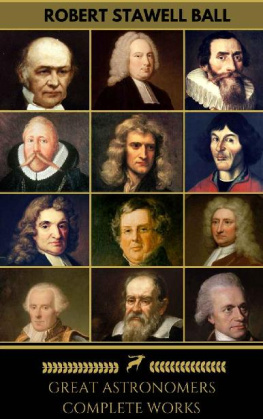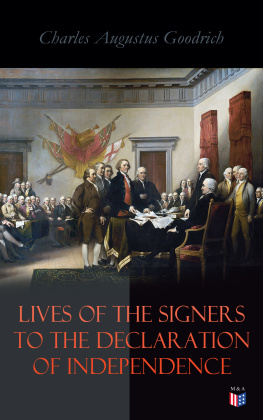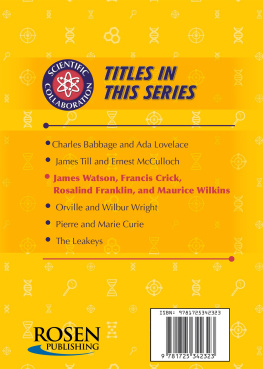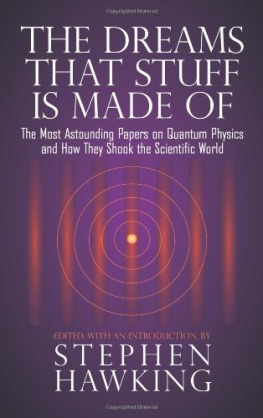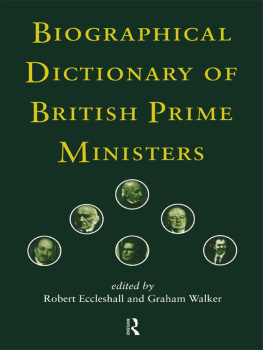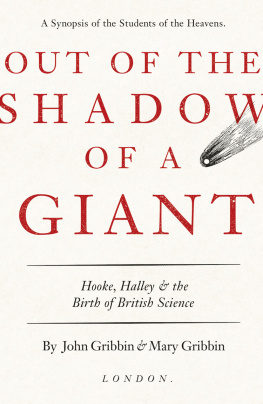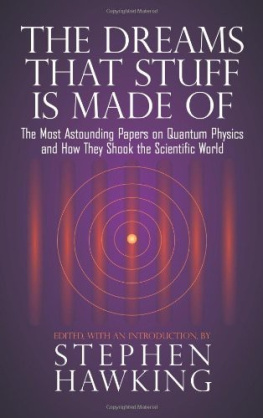The Teller of Time
Carl Frederick
Analog
July-August, 2006
Most scientific experiments "fail" but there's more than one measure of success.
Look to!" bell one's handler called out into the silence of the ringing chamber. "Treble's going." Dr. Kip Wolverton, his hands on the sally of bell eight's rope, glanced at the other ringers. They stood in a ten-foot-diameter circle, hands on the ropes that hung down from the belfry through holes in the chamber's ceiling. With faces alert, expressions eager and expectant, their eyes were fixed on old Caruthers, the tower captain.
"Treble's gone."
The captain gave a nod and the ringers began in sequence to pull their ropes. Bell one sounded first. At a mere 500 pounds, this bell, the treble, led the rest of the bells in playing a descending scale. Every two seconds, eight bells rippled down the scale, over and over, pouring a torrent of sound out into the English countryside. Each repetition of the scale ended with a strike from the huge tenor, Great Peter. This was Kip's bell, the lowest-pitched of the ring of eight. The tower trembled under the motion of the bells in the belfry above. Though Kip couldn't see it, he knew his bell: 22 hundredweight, 52-inch diameter with the inscription Vigilate et orate, watch and pray, engraved on its rim.
12345678
12345678
12345678
But these rounds were just a warm up. The captain gave the signal and the band of ringers began a quarter peal of Stedman Triples, permutations of the ringing order of the first seven bells, with Kip's tenor following each row of changes.
21354768
23145678
32416578
Like clockwork, they worked their ropes, their faces rapt in concentration. But Kip didn't need to concentrate; his bell, Great Peter, wasn't involved in the permutations so, even through the roaring of the bells, he was able to think and to observe. Vigilate et orate.
He hadn't rung a bell in twenty-five years, and he wouldn't be ringing now if one of the band hadn't been sick. Kip looked up the length of his rope and thought of Malvyn, his boyhood best friend. Twenty-five years ago, Kip had seen a trickle of red snaking down from the rope hole, striping the yellow hemp and changing the light blue sally to glistening crimson. Malvyn had been hiding out in the belfry. The bells were set for ringing and something, an accidental kick perhaps, had set the bell in motion. The ton of iron swung down and
Kip blinked his eyes, trying to blot out the event, trying to expunge the image of the bell's inscription embossed in reverse on Malvyn's crushed flesh. Even through the harmony of a ring of eight in full voice, he remembered the teller with clapper muffled, tolling fifteen strikes, Malvyn's age, at the funeral. For the first and only time, the teller was not Great Peter but the next heaviest bell in the ring. Poor Malvyn. They'd been a unit: he, Malvyn, and Neville. The Three Musketeers out to conquer the world. One for all and all for one. Kip smiled, sadly. Malvyn had been almost a year older than he, and Neville half a year older than Malvyn. Young, opinionated innocents, we were. More like the Three Blind Mice.
Cocooned in the blanket of sound, Kip reminisced. Malvyn the moderator. With Malvyn gone, the age difference was too large. Kip and Neville had drifted apartthis despite both going on to get doctorates in theoretical physics at the same university.
23461758
24316578
Kip looked across the ringing chamber at Audrey. He couldn't help but admire how she handled her bell: grace, efficiency, elegance, beautyalthough no longer ravishing beauty; she'd put on some weight in the last quarter century. He used to think of her as his girl back then. In fact, she'd been the reason he'd taken up tower ringing. But he'd been too shy to ever ask her out. That was when he was fourteen. Kip smiled. As he'd done frequently so long ago, he gazed at "his girl" handling a bell, although now perhaps he watched with less lust.
Kip decided that at the end of the peal, he'd make amends for his decades of shynessmeaningless now as the damage had long been done. When he was off on a postdoc in America, the country of his parents' birth, he got the letter saying that she'd married Neville. And Kip, possibly from regret, had chosen to remain single for life.
Now, a full professor of physics at Syracuse University in the States, he was back in England on a grant to do an experiment on the very edge of physics: an experiment that needed bellsthree towers of bells. It was too bad Neville thought it was nonsense. It would have been great if two of the Three Musketeers could still conquer the world togetherat least the world of physics. 42361758
In the thunder of the bells both heard and felt, Kip turned his mind to the experiment. If it worked, it would relate the structure of time to processes in the human mind. What more appropriate place to run it than among a ring of bells sounding in a church tower?
43216578
13254768
About forty-five minutes after it had started, the quarter peal ended with a touch of rounds. 12345678
12345678
Old Caruthers motioned that the bells be rung downever since Malvyn's death, the bells were not set upside-down between ringings. The full-throated striking grew soft as the bells came to their positions favored by gravity, and finally went silent.
Flushed from the exertion, Kip coiled his bell rope and, when his breathing had slowed to normal, walked over to Audrey. He took a couple of quick swallows to clear his ears, trying to silence the phantom bells he'd always heard after a long session of tower ringing. "Can I perhaps interest you in a milkshake?" he said, his voice sounding hollow and empty in the tower. As she hung up her rope, Audrey laughed. "No. Not a milkshake. But a cup of tea would be nice."
"How 'bout at Beowulfie's?"
"Wonderful."
Kip followed Audrey down the narrow, circular staircase from the ringing chamber to the chapel, and then outside for the five-minute walk to the coffeehouse. Although it was warm for early November, yellow and gold leaves swirled on the sidewalk and many inhabitants of the old university town were already enshrouded in scarves displaying their college colors.
"I still hear bells," said Audrey as they walked along.
"Not phantom bells, I think," said Kip, looking off into the distance. "Tower West is also rehearsing the experiment today."
Audrey laughed. "Tower West? Still fighting religion, are you?" Kip answered seriously, even though he knew he was being teased. "Not at all. I have three towers to coordinate. It's much less confusing to call them Tower North, East, and West instead of the Church of the holy whatever, or Saint what's-his-face."
"Dearest Kip," she said, patting him on the arm. "Don't ever change." She glanced sideways and examined him like a specimen. "Actually, you haven't changed. Not really." Kip returned the glance. "Neither have you," he said, hoping she couldn't tell he was giving a ritual answer in lieu of the truth. She wasn't the bright young thing he'd cherished in his memory. University towns being what they were, everyone knew everything about everyone else and Kip had heard the talk: Audrey's marriage lacked passion. Neville's first, and apparently only, love was theoretical physics. It showed clearly on Audrey's face.
At Beowulfie's, they found a table near the window and ordered tea.
"You know," said Kip, his hands enveloping a hot fragrant cup of Lapsang Suchong, "when we were teenagers, I always thought of you as my girl."
Audrey looked down at her cup of Darjeeling. "Things might have been very different had you thought to tell me that at the time." She looked up, meeting Kip's eyes. "Your girl? You always took me for granted, never asked me out, never even really talked to me."
Next page
